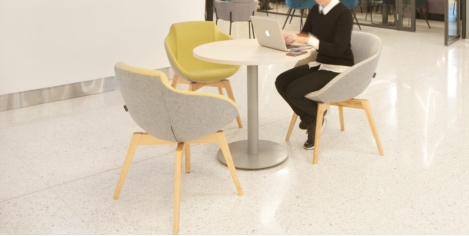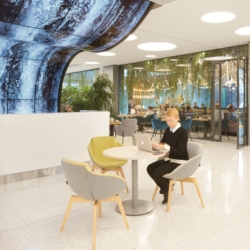August 30, 2022
Working families are only three weeks from breadline, claims report
 The latest Deadline to Breadline report from Legal & General claims that the financial resilience of working families in the UK has shrunk by a fifth since 2020, down from from 24 days to 19 days. According to the report, people overestimate by nearly six weeks how long they could fund basic living costs such as housing costs, loans/ credit card repayments, utility bills and food if they lost their income. Households have average savings of £2,431 and debts of £610. Accounting for average daily expenses of £93, this would see the average household run out of money in less than three weeks if they were to lose their income. (more…)
The latest Deadline to Breadline report from Legal & General claims that the financial resilience of working families in the UK has shrunk by a fifth since 2020, down from from 24 days to 19 days. According to the report, people overestimate by nearly six weeks how long they could fund basic living costs such as housing costs, loans/ credit card repayments, utility bills and food if they lost their income. Households have average savings of £2,431 and debts of £610. Accounting for average daily expenses of £93, this would see the average household run out of money in less than three weeks if they were to lose their income. (more…)





































